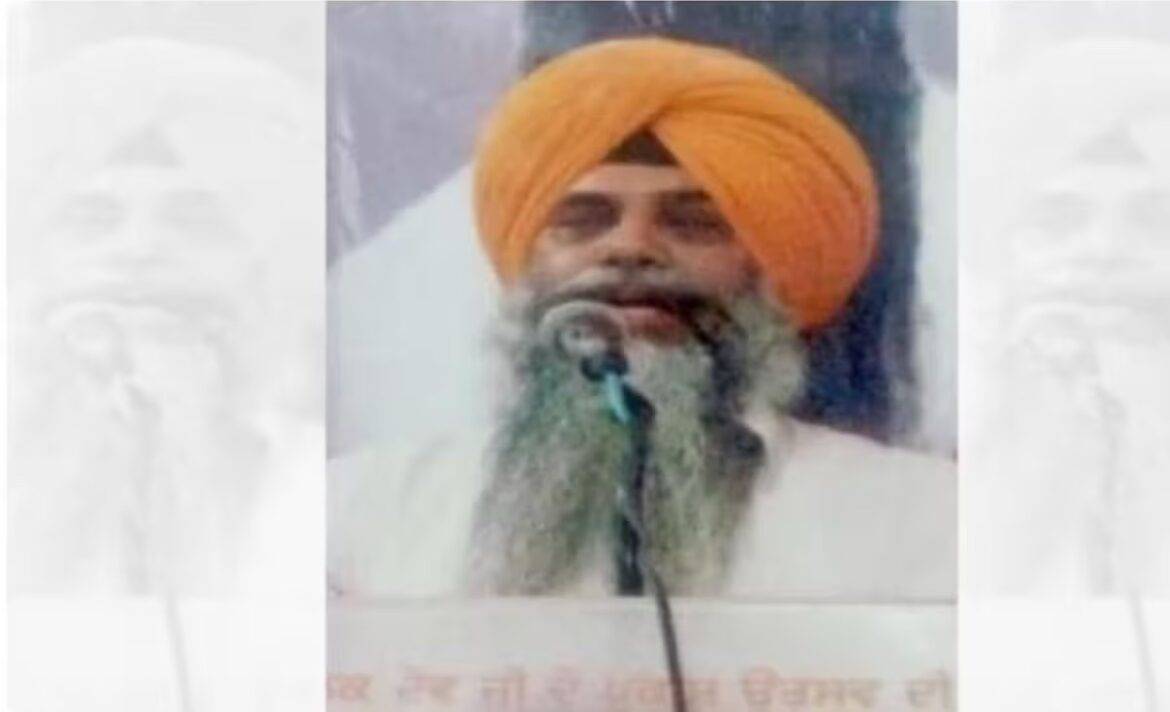AI Generated Summary
- Previous instances include the deaths of Bhupinder Singh Bhinda, a pro-Khalistan militant, who was killed in Lahore in 2018, and Khalistan Liberation Force (KLF) leader Harmeet Singh, also known as Happy PhD, was killed in Lahore in 2020.
- In a significant development, the leader of the Khalistan Commando Force (KCF), Paramjit Singh Panjwar, was assassinated today in Lahore’s Sunflower Society Johar Town.
- Panjwar was notorious for his role in Sikh militancy, having been implicated in multiple crimes, including murder, conspiracy, arms smuggling, and orchestrating the country’s largest bank heist in Ludhiana.
In a significant development, the leader of the Khalistan Commando Force (KCF), Paramjit Singh Panjwar, was assassinated today in Lahore’s Sunflower Society Johar Town. Panjwar was notorious for his role in Sikh militancy, having been implicated in multiple crimes, including murder, conspiracy, arms smuggling, and orchestrating the country’s largest bank heist in Ludhiana. The attack also claimed the lives of Panjwar’s two bodyguards.
Born in Panjwar village near Tarn Taran, Paramjit Singh Panjwar was initially employed at the Central Cooperative Bank in Sohal. However, in 1986, he joined the KCF under his cousin, KCF commander Labh Singh. The KCF sought to consolidate various Khalistani militant factions to create a “Sikh homeland.” Its organizational structure consisted of three layers, with the Panthic Committee forming the first two tiers of leadership and members from the All India Sikh Students Federation (AISSF) occupying the third layer.
Panjwar was believed to have strong connections with Pakistan’s Inter-Services Intelligence (ISI). This development follows Indian External Affairs Minister S. Jaishankar’s recent characterization of Pakistani Foreign Minister Bilawal Bhutto as a supporter and spokesperson for the terror industry. The Pakistan government is under tremendous international pressure to curb its support for such terror groups. Panjwar’s wife and children have reportedly relocated to Germany.
This is not the first time a Khalistan leader has been killed in Pakistan. Previous instances include the deaths of Bhupinder Singh Bhinda, a pro-Khalistan militant, who was killed in Lahore in 2018, and Khalistan Liberation Force (KLF) leader Harmeet Singh, also known as Happy PhD, was killed in Lahore in 2020. What remains to be seen is if these killings are merely perception-driven to counter global accusations against Pakistan of harbouring terror groups, or something else.




